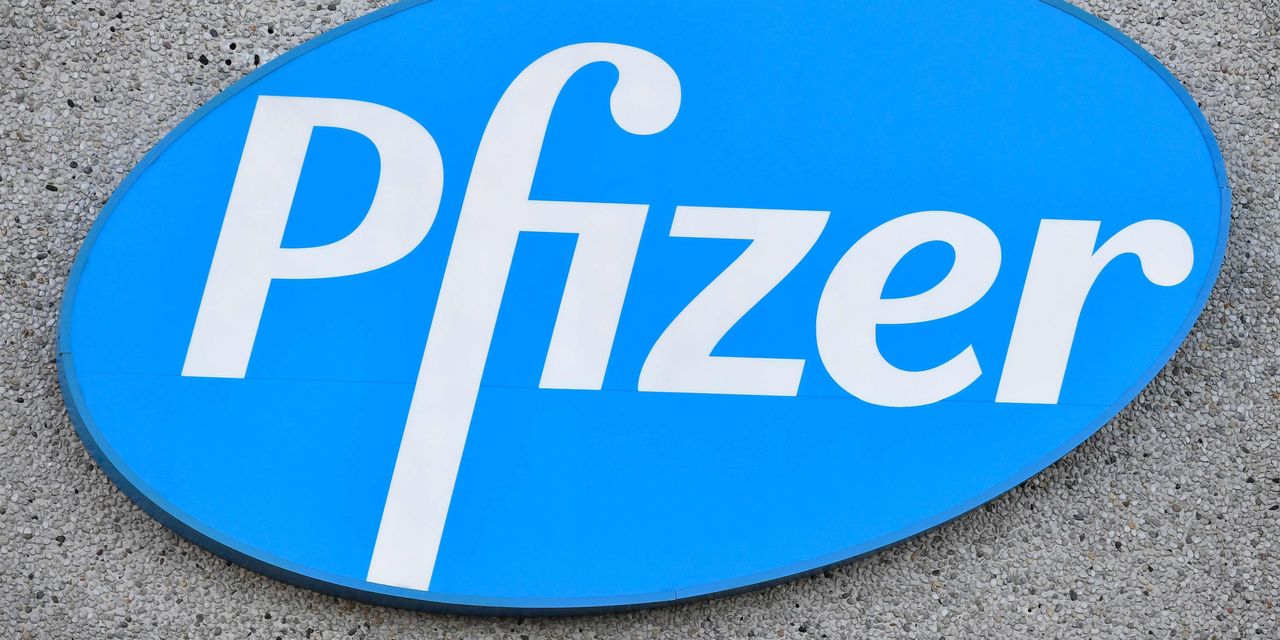Pharmaceutical giant Pfizer secured $31 billion in financing on Tuesday, as companies pick up the pace of borrowing ahead of potential market turmoil tied to the U.S. debt-ceiling fight.
Pfizer
PFE,
borrowed the funds via an eight-tranche bond deal that will go toward its roughly $43 billion acquisition of Seagan, a biotech focused on creating therapies to treat cancer, according to public documents tied to the financing.
Pricing on the bonds, rated A1 by Moody’s Investors Service, narrowed about 20 basis points from initial expectations, with the $5 billion class of 10-year bonds clearing at a spread of 125 basis points above the risk-free Treasury rate
TMUBMUSD10Y,
or a yield of about 4.7%, according to a person with direct knowledge of the dealings.
Bankers initially pitched the bonds to investors at a range of Treasurys plus 145 basis points, according to CreditSights. Lower spreads mean investors receive less compensation.
The bond deal ranks as the fourth-largest on record for the U.S. investment-grade corporate bond market, according to data from Informa Global Markets.
Analysts at BofA Global this week noted an uptick in U.S. investment-grade corporate bond supply, with issuance in May (see chart) already exceeding the $69 billion priced in April.
While the chart doesn’t include Tuesday’s mega financing for Pfizer, it does show the dramatic drop in issuance volume in March from a year ago, when the Federal Reserve began to quickly raise rates from nearly zero. It also shows May issuance increased from a month before.
“The acceleration this week could be, at least in part, due to the upcoming U.S. debt-limit X-date in early June,” a team of BofA Global researchers, led by Yuri Seliger, wrote in a recent client note.
Pfizer didn’t immediately respond to a request for comment. Its shares closed 0.4% lower Tuesday.
Treasury Secretary Janet Yellen in early May said the U.S. could be unable to pay all of its bills by June 1, a warning she repeated earlier this week.
After a second round of debt-ceiling talks between President Joe Biden and congressional leaders Tuesday, House Speaker Kevin McCarthy said disagreements remain but that a deal might be possible by the end of the week.
See: McCarthy says second debt-ceiling meeting was ‘a little more productive,’ while Biden says he’s optimistic
Stocks closed lower on Tuesday, with the Dow Jones Industrial Average
DJIA,
closing 336 points, or 1%, lower, while the S&P 500 index
SPX,
fell 0.6 and the Nasdaq Composite Index
COMP,
shed 0.2%.
Read the full article here




